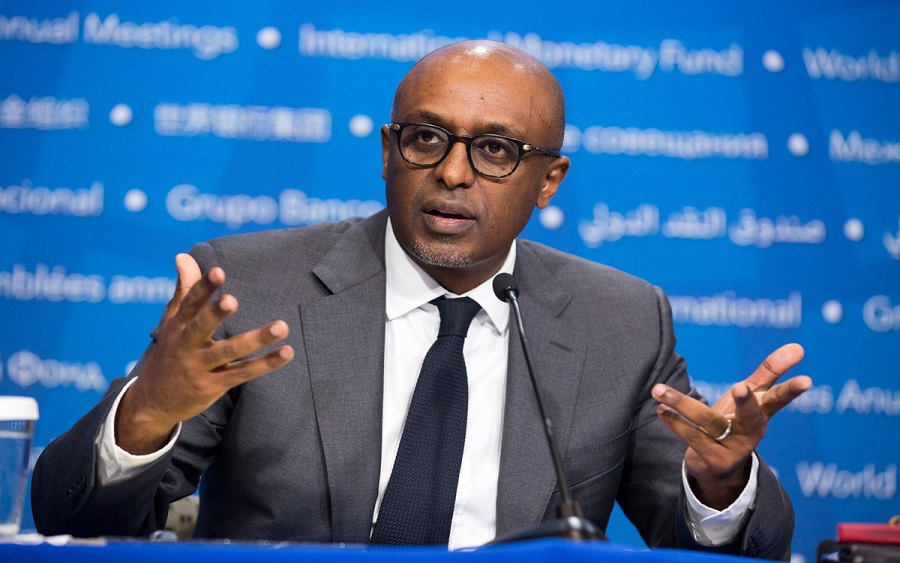The International Monetary Fund (IMF) has said that the continuous closure of the Nigerian borders is hurting economies of Benin and Niger Republic.
The Director, African Department, IMF, Abebe Selassie, said this at a media briefing on the sidelines of the World Bank/IMF Annual Meetings in Washington D.C.
“On the border closure in Nigeria which has been impacting Benin and Niger, our understanding is that the border has been closed, reflecting concerns about smuggling that’s been taking place, illegal trade, not the legal trade that you want to facilitate.
“So we’re very hopeful that discussions will resolve the challenges that this illegal trade is fostering. To be sure, if the border closure was to be sustained for a long time, it’s going to definitely have an impact on Benin and Niger, which, of course, rely quite extensively on their big brother next door. So, we hope that there will be a resolution to that closure issue,” Selassie said.
Although Selassie talked about the adverse effects the border closure had on the neighboring countries but did not offer any solution. He went on to dispel rumors going round that Nigeria’s monetary policy had been poorly calibrated, despite the inflation rate, which recently scaled up. He said the increasing inflation rate was rather being stoked by a mixture of factors.
The IMF director commented on the growth rate in Sub-Saharan Africa as well as the poverty rate in Nigeria.
[READ ALSO: FSDH expects lower inflation figures in January 2019]
“Growth in Sub-Saharan Africa is expected to pick up, though at a slower rate than previously envisioned. For this year we are projecting growth at around the 3.2% mark, rising to 3.6 percent in 2020,” he said.
On Nigeria’s poverty Selassie said, “You have in part of the country very elevated levels of poverty; very elevated levels of, you know, infant mortality, maternal mortality — really important indicators of wellbeing — really are very high in some parts of the country; and in other parts of the country are, you know, comparatively very low. So, there’s this big variation in poverty outcomes, economic outcomes, as you know in your country.”
Meanwhile, Selassie expressed the Fund’s full support for the AfCFTA, saying it was one of the most exciting policy developments in the region in recent months. According to him, analyses by the Fund showed that the initiative had a tremendous potential to facilitate higher economic growth.
